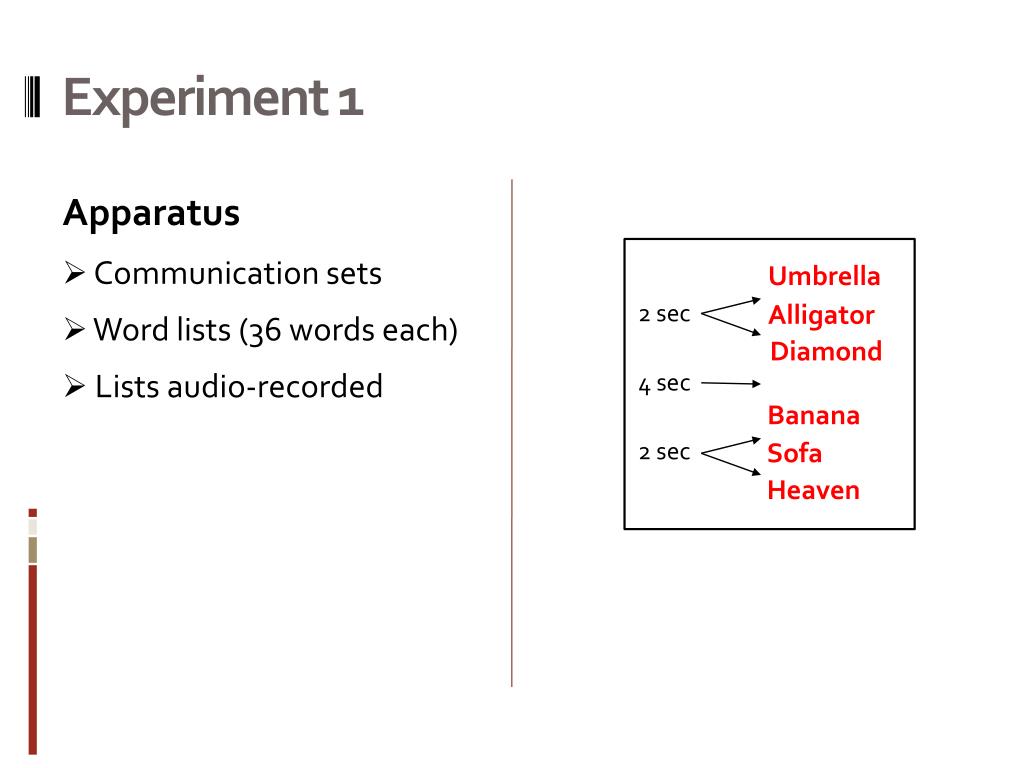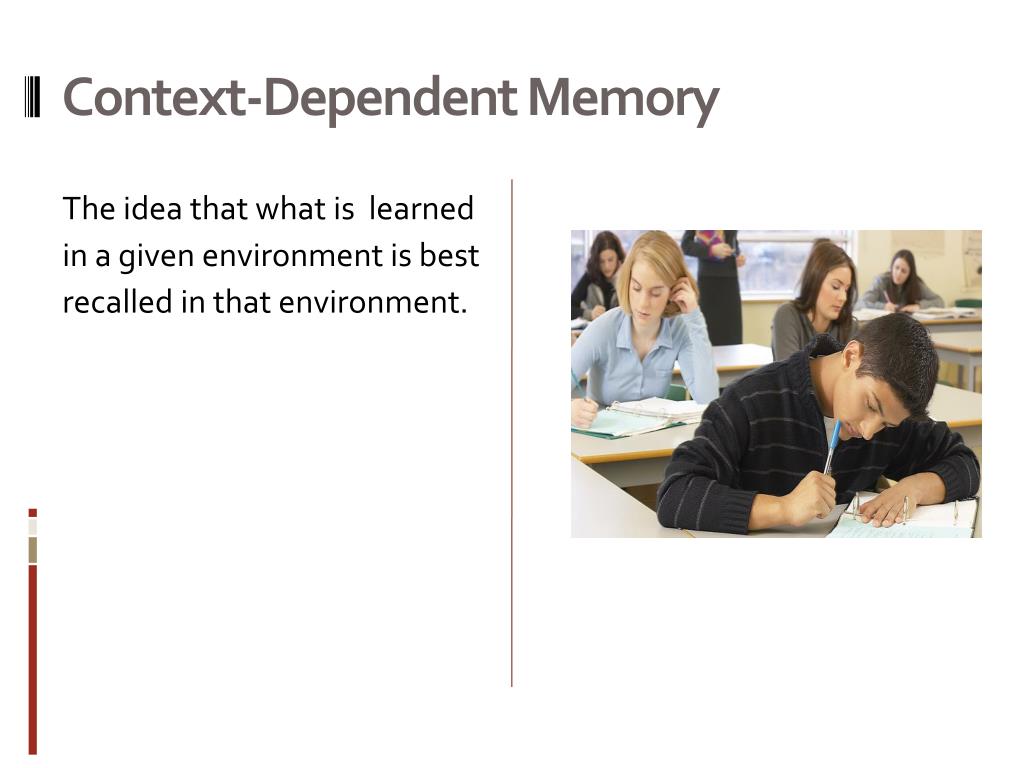

This is why we undertook the following replication attempt. These studies are the foundation of what we are teaching our students and if they are unreliable or wrong, it is of paramount importance to know so. One reviewer did not believe ‘a study is worth replicating just because it's famous'. Replication studies are more common nowadays, though when trying to submit our Ebbinghaus replication, two memory psychology journals rejected our paper outright, because it was a replication ‘that did not advance our knowledge of any theory’. In our Ebbinghaus replication, for example, the missing schedule of exactly at what dates the saving sessions had been scheduled made it hard to replicate the 31-day data point, because we could not reconstruct how many potentially interfering sessions had taken place between the learning and testing after 31 days. Replication of classic experiments, thus, serves the dual purpose of verifying the reliability of the original results and uncovering more precisely how the original experiment was conducted. The exact instructions, for example, were not included. One of the reasons earlier replications may have failed is because not all details were well documented in the original study from 1932. Not all classic studies are easily replicated, however, such as the classic study by Bartlett on the schematization of stories from unfamiliar cultures, which until 1999 had only had unsuccessful replication attempts until Bergman & Roediger succeeded in replicating the basic findings. This yielded comparable results to the original Ebbinghaus study and provided novel opportunities for analysis and comparison.

This is why we attempted to replicate Ebbinghaus' classic forgetting curve from 1885. As Jonathan Russell argued in Nature: ‘If it is a job worth doing, it is worth doing twice’. My motivation to undertake this replication is that I feel it is of great importance to try to replicate important results in psychology and even more so if studies are famous. It is also possible that no one has tried, which is understandable given the complexities of organizing an experiment with divers as subjects, as Godden and Baddeley mention several times when commenting on their procedure in the 1975 paper. It is possible that some people attempted replication and failed, losing the incentive to publish or suffering rejections by journals not inclined to publish replications, especially failures to replicate. To find other replication studies, we consulted one of the authors of the original study but he did not know of any replications, published or not (Alan Baddeley 2014, personal communication).

Also, the Godden and Baddeley study was itself inspired by anecdotal observations on context-dependent memory underwater and on land by Alan Baddeley when working with divers using the ‘Wrecks Test’. learned underwater, used underwater) than the other (e.g.

Context dependent memory how to#
).Īs is true for several other classic studies, no replication of Godden & Baddeley has ever been published, although there is a study with novice divers who learn how to use decompression tables in one environmental context and are better at applying these in the same environment (e.g. Environmental context-dependent recognition was once thought to be non-existent but more recently several studies have found evidence for it and delineated some of the circumstances under which it occurs (e.g.
Context dependent memory free#
It is, therefore, perfectly feasible that the Godden & Baddeley result, which also used free recall, is robust. In this classic study, they found a large effect of context: whether learning underwater or on land, recall of the materials was much better in the same environment.Įnvironmental context-dependent memory measured with free recall is now well established, although in many circumstances the effect is rather weak with an effect size (Cohen's d) of around 0.25. These authors had divers learn spoken words, either on land or underwater, and after 4 min tested them in either environment all divers did all four combinations of environments. I have been teaching courses on Cognitive Psychology and Memory and Learning for 30 years, and virtually all textbooks I have used describe the classic study on environmental context-dependent memory by Godden & Baddeley, usually in some detail.


 0 kommentar(er)
0 kommentar(er)
